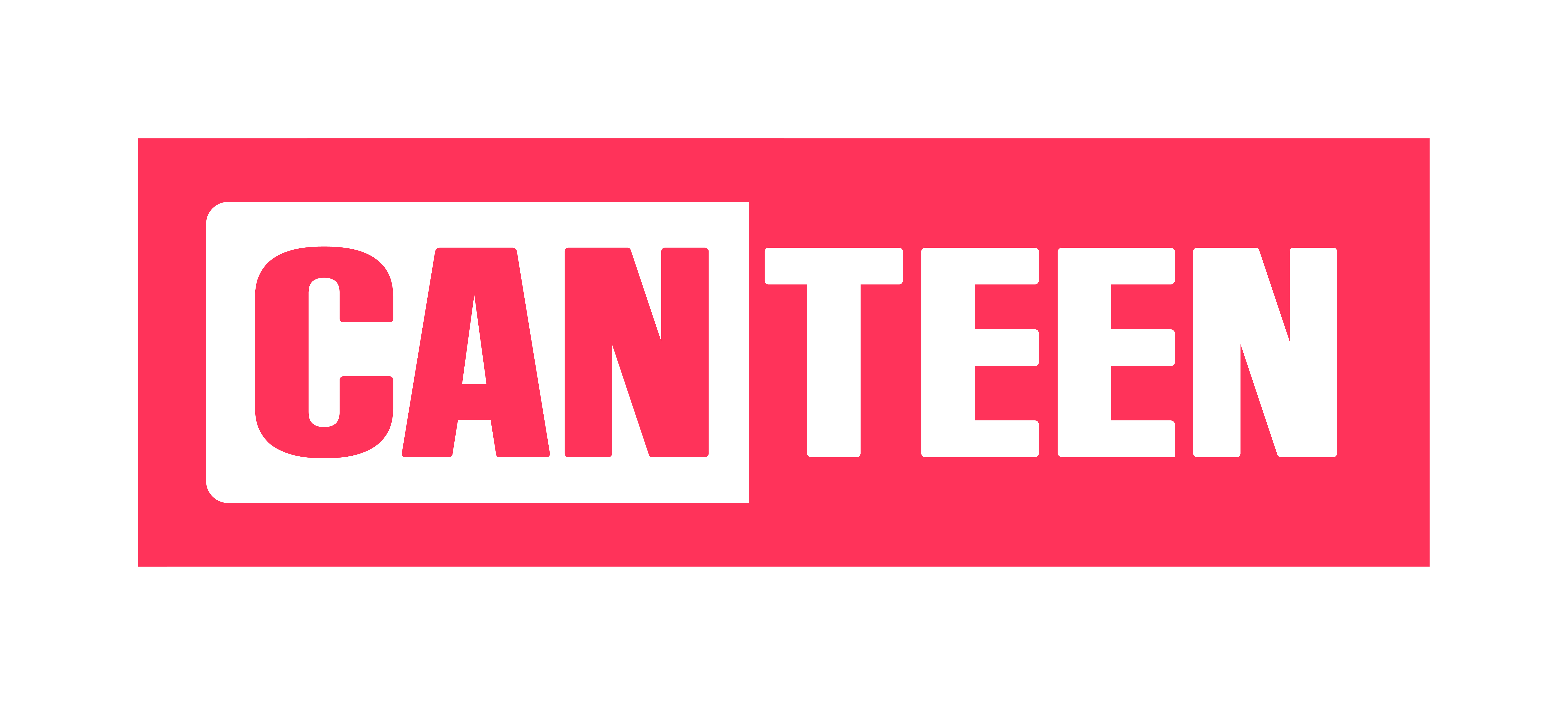Head and Neck Cancers Types
Cancers of the head and neck usually start in mouth, tongue, palate, gums, salivary glands, tonsils, throat (pharynx), voice box (larynx), nose and sinuses.
Most head and neck cancers start in the cells that line the mucosa, the moist surfaces of the mouth, nose or throat. These are called squamous cell carcinomas.
Head and neck cancers are named according to the area in which they begin.
Nasal cavity and paranasal sinuses cancer
The nasal cavity is the large, hollow space inside the nose. The paranasal sinuses are the spaces within the bones behind the nose and cheeks and nasal cavity.
The most common type of cancer of the nasal cavity and paranasal sinus is squamous cell carcinoma, which forms in the cells that line the insides of the sinuses and nasal cavity.
Mouth Cancer
Mouth cancer, also known as oral cancer, is a cancer that mainly occurs in the lips, tongue or the floor of the mouth. It can also start in the cheeks, gums, roof of the mouth, tonsils and salivary gland.

Throat Cancer
Throat cancer generally means cancers that start in the pharynx, the tube that runs from the back of the nose into the neck or larynx (voice box). It can also cover cancers that start in the oesophagus (food pipe) or thyroid gland.
The two main types of throat cancer are:
- Cancer of the pharynx (pharyngeal cancer)
- Cancer of the larynx (laryngeal cancer)
Thyroid Cancer
The thyroid is a butterfly shaped gland that sits at the front of the neck. It produces hormones that regulate body temperature, heart rate and metabolism.
The most common types of thyroid cancer are:
- Papillary thyroid cancer, which usually grows in a lobe of the thyroid gland and makes up about 80% of cases (Source: Cancer Control Agency),
- Follicular thyroid cancer, which develops in the follicular cells,
- Rarer types of thyroid cancer include medullary and anaplastic cancers.
Disclosure: The information provided in this article is intended for educational purposes only and should not be construed as medical advice. Consult a qualified medical professional or your healthcare provider if you are seeking medical advice.
Rangatahi Cancer Support for Head and Neck Cancer
Discovering you, or a member of your whānau, is facing a head or neck cancer can be really hard. A diagnosis of head or neck cancer can result in a range of mixed reactions and life challenges.
Cancer affects everyone differently. That’s why Canteen provides a wide range of free support services to help rangatahi manage the specific challenges they’re dealing with. Canteen services and events can help you find ways to cope with what life looks like now you are facing these unexpected challenges.
You can talk to one of our specialist clinical team about the impacts of cancer on your life. This can be either in person, over the phone, or online. Rangatahi can also connect online 24/7 with peers who understand what you’re going through.
We recommend reading the Cancer Society's booklet on Understanding Head & Neck Cancer.
Visit the Cancer Control Agency website for more information about the causes, symptoms, diagnosis and treatment of a head or neck cancers, or speak to your Adolescent & Young Adult (AYA) key worker at hospital.


